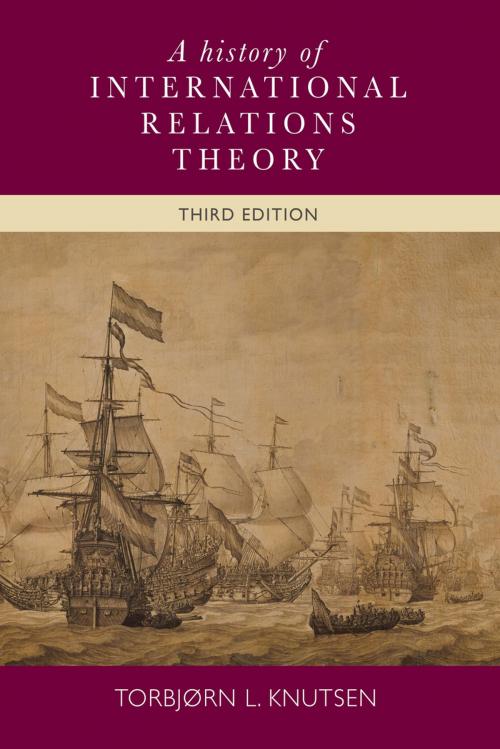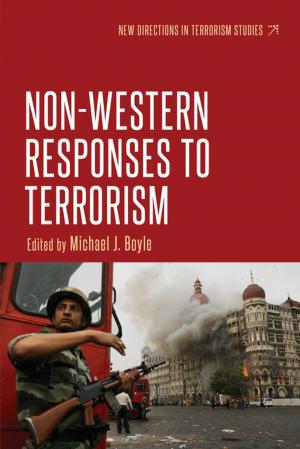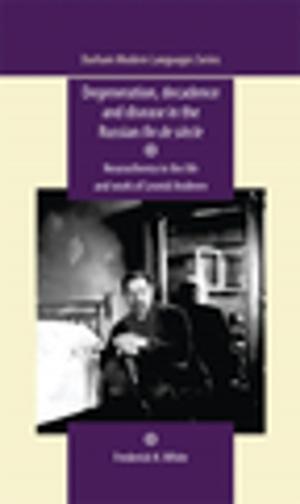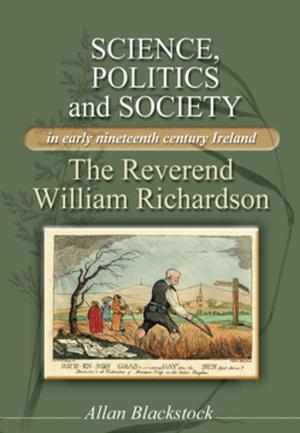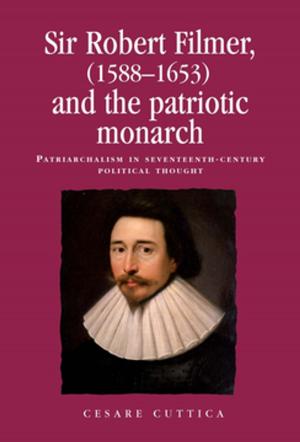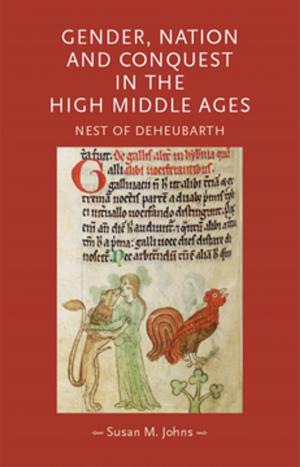A history of International Relations theory
Third edition
Nonfiction, Social & Cultural Studies, Political Science, International, International Relations| Author: | Torbjørn L. Knutsen | ISBN: | 9781784997717 |
| Publisher: | Manchester University Press | Publication: | May 30, 2016 |
| Imprint: | Manchester University Press | Language: | English |
| Author: | Torbjørn L. Knutsen |
| ISBN: | 9781784997717 |
| Publisher: | Manchester University Press |
| Publication: | May 30, 2016 |
| Imprint: | Manchester University Press |
| Language: | English |
This introduction to International Relations theory, now in its third edition, shows how discussions of war, wealth, peace and power stretch back well over 500 years. It shows how ancient ideas still effect the way we perceive world politics. By placing international arguments, perspectives, terms and theories in their proper historical setting, it traces the evolution of International Relations theory in context.
Beginning with the emergence of the territorial state in the Middle Ages, the book follows the international ideas of sages, statesmen and scholars. It discusses early theories about the sovereign nature of the state. It demonstrates how contract philosophers like Hobbes, Locke and Rousseau paved the way for the modern analysis of international relations. It shows how Enlightenment theorists followed up with balance-of-power theory and perpetual-peace projects. It seeks to demonstrate that the contemporary science of International Relations is the outcome of a long evolution and how its core concepts and major theories have been deeply affected by international events along the way while also showing that basic ideas have remained remarkably constant over the centuries. This has been a top selling title for a number of years and this new edition is keenly awaited.
This introduction to International Relations theory, now in its third edition, shows how discussions of war, wealth, peace and power stretch back well over 500 years. It shows how ancient ideas still effect the way we perceive world politics. By placing international arguments, perspectives, terms and theories in their proper historical setting, it traces the evolution of International Relations theory in context.
Beginning with the emergence of the territorial state in the Middle Ages, the book follows the international ideas of sages, statesmen and scholars. It discusses early theories about the sovereign nature of the state. It demonstrates how contract philosophers like Hobbes, Locke and Rousseau paved the way for the modern analysis of international relations. It shows how Enlightenment theorists followed up with balance-of-power theory and perpetual-peace projects. It seeks to demonstrate that the contemporary science of International Relations is the outcome of a long evolution and how its core concepts and major theories have been deeply affected by international events along the way while also showing that basic ideas have remained remarkably constant over the centuries. This has been a top selling title for a number of years and this new edition is keenly awaited.
